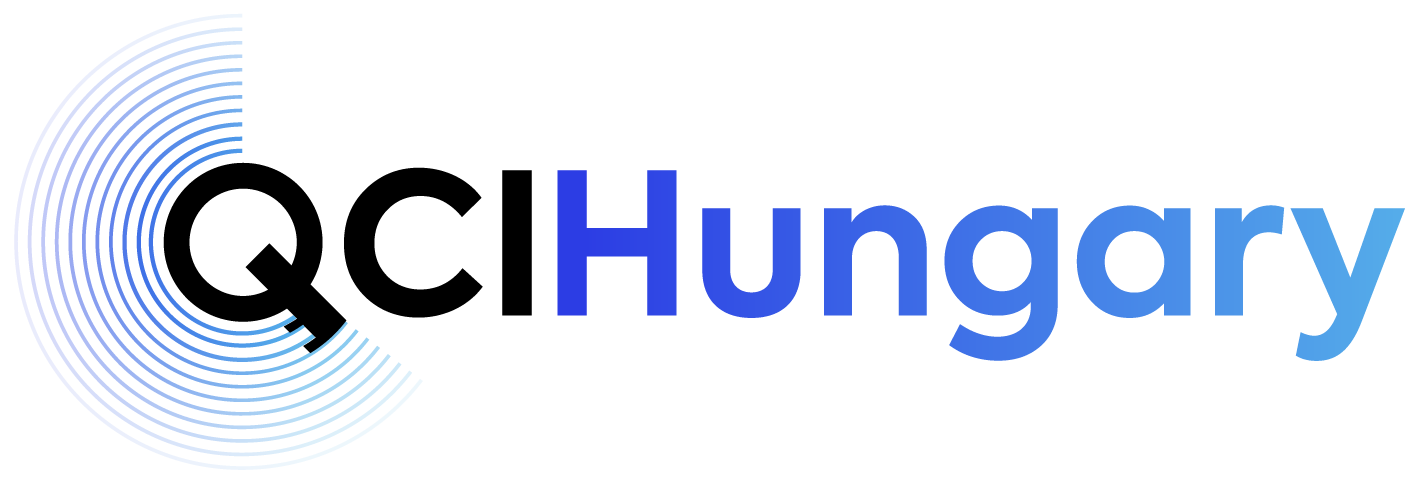One of the world’s leading academic journals, Nature, has published an article on 26/2/2025 by Jian-Wei Pan, director of the Chinese Academy of Sciences Center for Excellence in Quantum Information and Quantum Physics, emphasizing the importance of global investment in quantum technologies.
Quantum technology holds the potential to surpass classical systems in computing, information security, and precision measurement. Over the past century, significant progress has been made, leading to milestone achievements such as quantum advantage—where quantum computers can solve problems beyond the reach of classical supercomputers. Quantum cryptography offers unparalleled security through encryption keys known only to involved parties, and quantum sensors provide highly precise measurements for applications like earthquake detection and navigation.
Despite these advances, practical quantum applications remain limited. While quantum simulations could soon advance fields like chemistry and superconductivity, fully functional, noise-resilient quantum computers are still 10–15 years away. Key challenges include protecting fragile quantum states from errors and environmental interference.
To accelerate progress, three steps are crucial. First, managing public expectations by countering exaggerated claims is necessary to prevent market instability and maintain trust in quantum technology. Overhyped promises can mislead investors and result in financial setbacks. Second, stable government investment is essential, as quantum research is not yet self-sustaining through market forces. Increased funding, such as the US National Quantum Initiative’s $3.75 billion investment in 2023, boosts private sector confidence and fosters commercialization. Third, international cooperation is vital, as past breakthroughs relied on global collaboration. However, rising political tensions are restricting academic exchanges, particularly between China and Western nations.
For quantum technology to drive societal advancements, a rational, open, and cooperative environment is needed. Like the first quantum revolution, this second wave of innovation depends on long-term investment, accurate communication, and global collaboration.
Full article: https://doi.org/10.1038/d41586-025-00564-8



